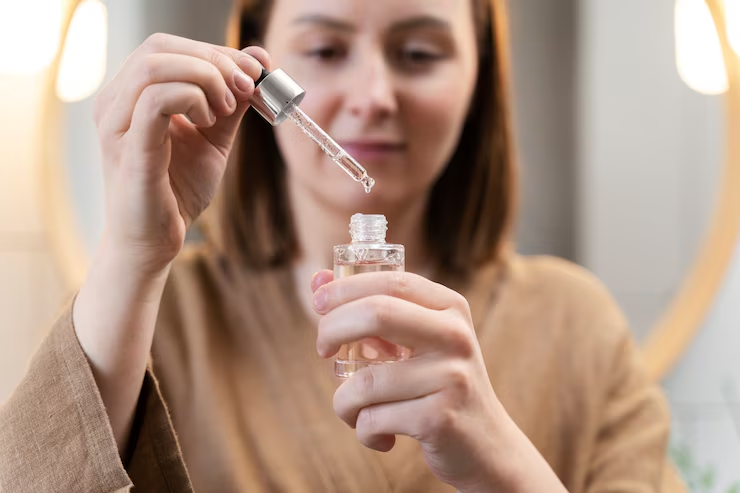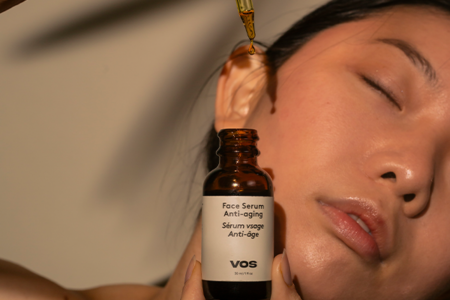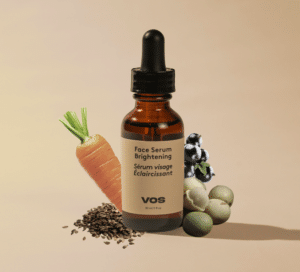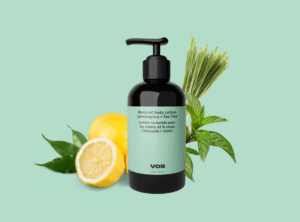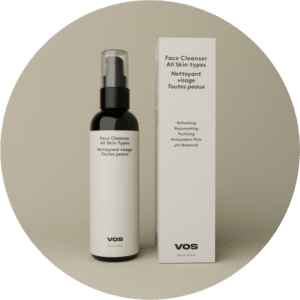Face serums have become a central part of many skincare routines, offering targeted benefits that traditional moisturizers may not fully deliver. However, to gain the full advantages, it is important to understand the right way to use face serum in your daily skincare routine. This guide provides a professional and straightforward explanation of how to apply face serums correctly to support your skin’s health.
Why Incorporate Face Serum into Your Skincare Routine?
Face serums are lightweight formulations designed with concentrated active ingredients. They deliver specific benefits such as hydration, brightening, anti-aging support, or calming effects. Since serums are highly potent, their proper use can greatly enhance your daily skincare routine without replacing essential steps like cleansing and moisturizing.
Choosing the right serum based on your skin type and needs is the first step to making it effective.

Understanding Different Types of Face Serums
Not all face serums are the same. Understanding the different types will help you select the product that suits your skin best.
- Hydrating Serums
These serums typically contain ingredients such as hyaluronic acid or glycerin, which draw moisture into the skin, maintaining hydration levels.
- Brightening Serums
Brightening formulas often feature vitamin C, niacinamide, or licorice root extract to help even out the skin tone and reduce dullness.
- Anti-Aging Serums
With ingredients like retinol, peptides, or antioxidants, these serums are designed to minimize fine lines, wrinkles, and loss of firmness.
- Soothing Serums
Designed for sensitive skin, these serums include calming ingredients such as chamomile, aloe vera, and centella asiatica.
When to Apply Face Serum in Your Daily Skincare Routine
Understanding the right order of application is essential. Face serum should typically be used after cleansing and toning but before moisturizing. Applying it at this stage ensures that the active ingredients can penetrate the skin without interference from heavier products.
Morning and evening applications often differ based on the serum ingredients. For example, vitamin C serums are usually recommended for daytime use due to their antioxidant protection, while retinol serums are better suited for nighttime routines.

How to Properly Use Face Serum
Step 1: Start with a Clean Face
Wash your face with a gentle cleanser suitable for your skin type. Cleansing removes dirt, oil, and other impurities that can block serum absorption.
Step 2: Apply Toner (Optional)
If you use a toner, apply it after cleansing. Toners can help balance the skin’s pH and prepare it to absorb the serum more effectively.
Step 3: Dispense the Right Amount
Using too much serum can overwhelm the skin, while too little may not deliver the desired results. Typically, a pea-sized amount or two to three drops are enough for the entire face.
Step 4: Apply Serum with Gentle Pressure
Gently pat or press the serum into your skin with clean fingertips. Avoid rubbing, which can irritate the skin. Patting ensures better absorption of the serum into the deeper layers.
Step 5: Allow the Serum to Absorb
Give the serum one to two minutes to absorb fully before moving on to the next skincare step. This prevents mixing of products and allows the active ingredients to function properly.
Step 6: Follow with Moisturizer
Lock in the serum with a moisturizer suited to your skin type. This helps to seal the serum into the skin and maintain hydration.
Key Tips for Using Face Serum Effectively
- Consistency is critical: Using your face serum daily (or as recommended) is essential for noticeable results.
- Start with a patch test: Especially if the serum contains strong active ingredients like retinol or vitamin C.
- Layer products carefully: If you use multiple serums, layer them from the thinnest to thickest consistency.
- Store properly: Keep your serum away from direct sunlight and extreme temperatures to maintain its efficacy.
Choosing the Right Serum for Your Skin Type
Selecting the right serum for your specific needs is essential for achieving the best results.
For Dry Skin
Look for serums containing hyaluronic acid, ceramides, or squalane. These ingredients help retain moisture and strengthen the skin barrier.
For Oily Skin
Choose lightweight, non-comedogenic serums with ingredients like niacinamide or salicylic acid to help regulate oil production without clogging pores.
For Sensitive Skin
Opt for serums with soothing ingredients like aloe vera, chamomile, or calendula to minimize irritation and support skin healing.
For Aging Skin
Antioxidant-rich serums with ingredients like vitamin C, peptides, or retinoids help support collagen production and maintain skin elasticity.
Incorporating Face Serum into a Full Skincare Routine
To build an effective skincare routine around your face serum, consider the following order:
- Cleanser: Removes dirt, oil, and makeup
- Toner (optional): Prepares skin for serum
- Serum: Targeted treatment
- Eye Cream (optional): Protects delicate under-eye skin
- Moisturizer: Locks in hydration and active ingredients
- Sunscreen (morning routine): Protects against UV damage
Each product plays an important role, and skipping steps can diminish the overall effectiveness of your routine.
Conclusion
Integrating a face serum into your skincare regimen can offer numerous benefits when used correctly. Understanding the right way to use face serum in your daily skincare routine ensures that you are getting the full value from these concentrated treatments. By following proper application techniques, selecting a serum suited to your skin’s needs, and maintaining consistency, you can support healthier, more balanced skin over time.
